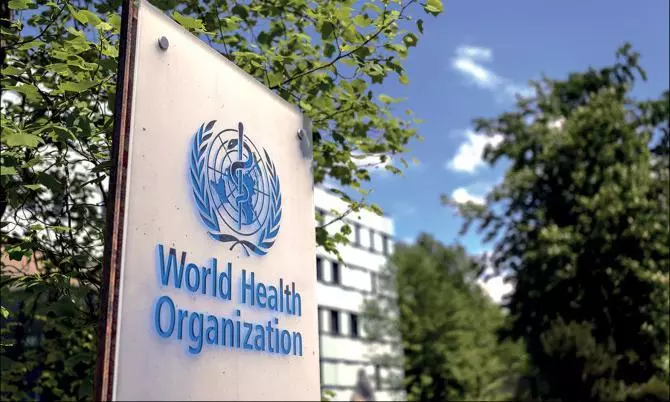
WHO warns against use of AIs ChatGPT, Bard, Bert in health care
text_fieldsGeneva: The World Health Organisation warned on Tuesday that the risks in using artificial intelligence (AI) tools such as ChatGPT, Bard, Bert etc., in healthcare must be strictly examined, IANS reported.
Though the organisation appreciate the appropriate use of technologies, it said, "...there is concern that caution that would normally be exercised for any new technology is not being exercised consistently with large language model tools (LLMs)."
WHO said in a statement, "This includes widespread adherence to key values of transparency, inclusion, public engagement, expert supervision, and rigorous evaluation."
"It is imperative that the risks be examined carefully when using LLMs to improve access to health information, as a decision-support tool, or even to enhance diagnostic capacity in under-resourced settings to protect people's health and reduce inequity," it added.
The "precipitous adoption of untested systems could lead to errors by healthcare workers, cause harm to patients, erode trust in AI and thereby undermine (or delay) the potential long-term benefits and uses of such technologies," it said.
WHO is concerned that the data used to train the AI tools could be biased and, therefore it will, generate misleading or inaccurate information which could pose risks to health, equity and inclusiveness.
WHO said that AI may not protect sensitive data (including health data), it can misuse data to generate and disseminate highly convincing disinformation in the form of text, audio or video content that is difficult for the public to differentiate from reliable health content.
"WHO proposes that these concerns be addressed, and clear evidence of benefit be measured before their widespread use in routine health care and medicine -- whether by individuals, care providers or health system administrators and policy-makers," the statement read.























